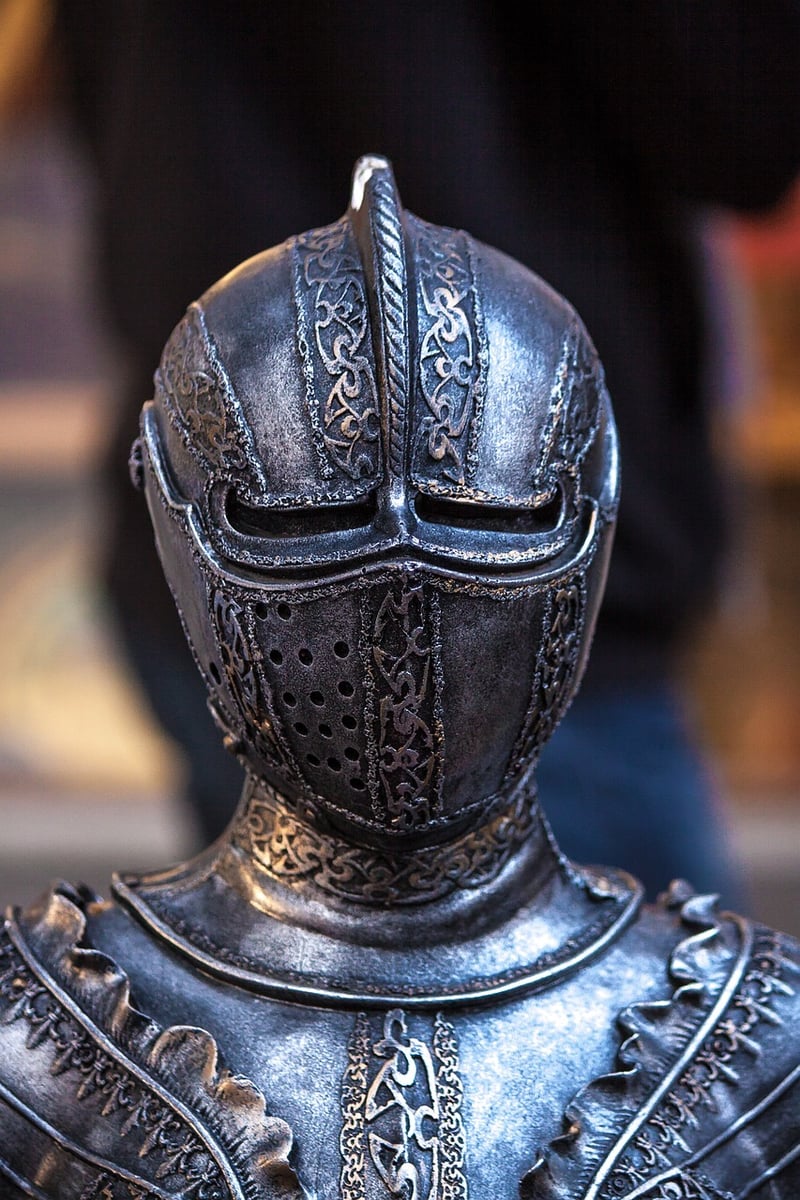Historical Etiquette
Guidance for Time Tourists: Historical Etiquette
Welcome, time traveler! As you embark on your journey through different eras, it's essential to understand and respect the customs and etiquette of the times you visit. To ensure a smooth and culturally sensitive experience, here is some guidance on historical etiquette for time tourists:
Ancient Egypt
In Ancient Egypt, respect for the Pharaoh was paramount. When interacting with royalty or nobility, bowing or curtsying was expected. Avoid showing the soles of your feet, as it was considered disrespectful. Remember to address others using formal titles and manners.

Victorian Era
During the Victorian Era, proper etiquette was highly valued. Men were expected to open doors for women and stand when a lady entered the room. Women should never initiate a handshake. Dress modestly and avoid controversial topics in conversation.

Roaring Twenties
In the Roaring Twenties, social norms were changing rapidly. Embrace the spirit of the Jazz Age by dressing elegantly and learning popular dances like the Charleston. Address everyone with a friendly demeanor and enjoy the newfound sense of freedom and expression.

Medieval Times
When visiting Medieval Times, courtesy and chivalry are key. Knights should show respect to ladies and defend the honor of their lords. Feast with your hands and participate in traditional dances and jousting tournaments to fully immerse yourself in the medieval experience.

Conclusion
By following these guidelines on historical etiquette, you can navigate various time periods with grace and respect. Remember to adapt to the customs of each era, immerse yourself in the culture, and enjoy the unique experiences that time travel has to offer!
Safe travels, time tourists!
